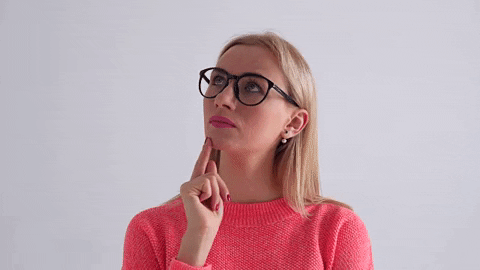Try This: How To Accurately Spot A Story (Vs What’s Not A Story)
Last week I was driving my little one back home after an outing, when she said “Tell me a story mumma”.
So, I wracked my brain to try and think of a relevant story to tell her.
Because we were in the car, the one I responded with was:
“Did you know, when you were a baby, you used to HATE being in the car!? You’d scream the whooooole car ride.”

Then I realised almost straight away that that wasn’t *actually* a story. It was a statement of fact. A summary of what used to happen.
I knew she wanted more detail. More richness.
She wanted me to tell her a real story. One she could follow along with. One she could picture in her own mind. One that would recount what happened in one specific instance and tell it bit by bit.
So I cast my mind back to a *particular time* I could recall.

Then I told my little one about that specific car trip.
Where we were driving from and to and how quickly she started kicking off. What I tried to do to calm her down and how I couldn’t stop the car as it was on the freeway. How red she went and how hot she was getting in the process and in turn how distressed I was getting etc etc.
It made me think about what a story *is* vs what it *isn’t*.
If you want to start telling more stories, it’s really important to know when you’re telling a story vs when you’re not!
If that’s not clear to you, here are a few things I keep in mind.
WHAT IS NOT A STORY
- A statement of fact, or a generic summary of events.
- E.g. “When you were a baby, you used to hate being in the car. You’d scream the whole car ride” (The biggest clue that this isn’t a story is the fact that it’s referring to a period that spans about a year ‘when you were a baby’. Also, it’s only a paragraph long and is therefore a high level summary of the situation.
- Anything that starts with or includes the following (as that indicates it’s an opinion, not a story). E.g.
– “I believe”
– “In my opinion”
– “If you ask me”
– “To me it’s about”
– “What I find interesting about this is”
– “The main point I’m making is”
WHAT IS A STORY
Something that:
- Recounts a past event, or brings to life a future event.
- Focusses on a certain moment in time, with a certain scene/location and specific people involved
- Covers a chain of events (e.g. Something that causes a reaction or certain action as a result)
IN SUMMARY
Next time you’re trying to determine whether you’re telling a story or not, keep this in mind.
A story is not a statement of fact, an opinion or generic summary sentence. It’s a chain of events, generally specific to a moment in time (whether past, or future).
This will absolutely help you to tell more stories!
Tell me – what do you keep in mind when you’re trying to spot a story?
Emily
P.S. If you want to learn how to leverage the art of storytelling back in your work environment (and get more of what you want at work and in life), there are still spots to join my 9-Week Captivating Storyteller Group Program. It starts Tue 7 Mar 2023). You’ll come out of it with five stories crafted and refined with my input!

Emily Edgeley is a Public Speaking Coach for the Technology industry. Since 2017 she’s run over 280 group coaching sessions, coached more than 250 people privately, and formally supported first time and experienced speakers at 10 Conferences, covering 1000+ people across the globe.
She’s on a mission to help anyone in the Tech arena learn how to speak with clarity, impact, and confidence, whether that’s at work or at a Conference. So they can share their ideas, build their brand and start to enjoy ‘public speaking’!


Recent Comments